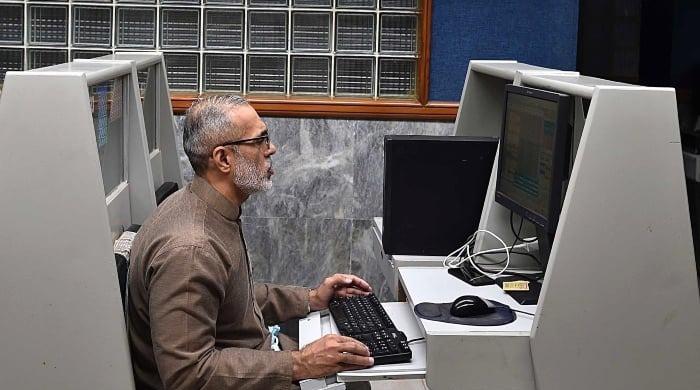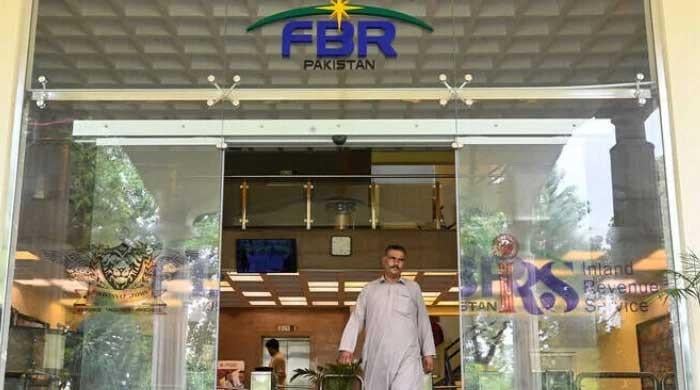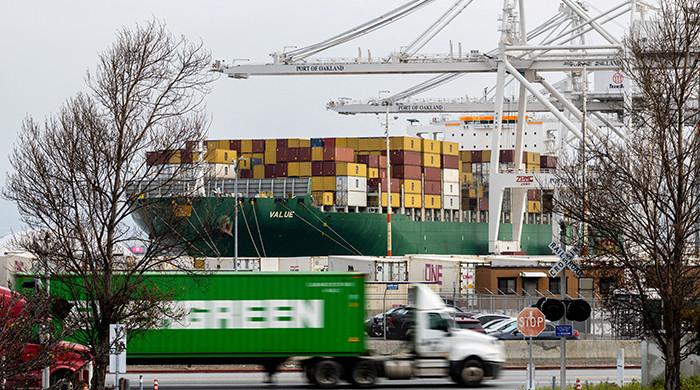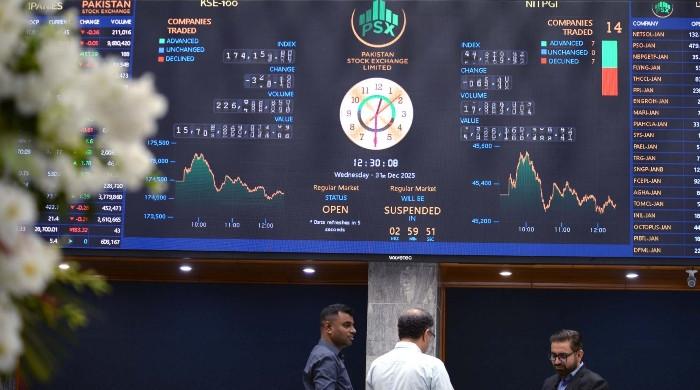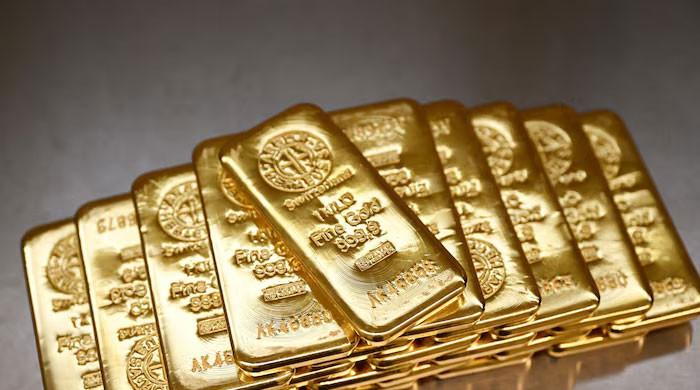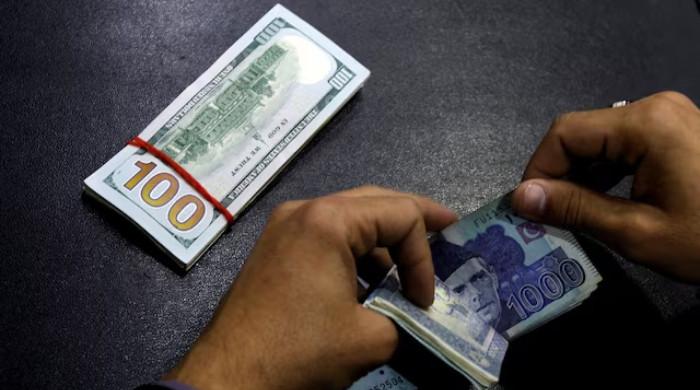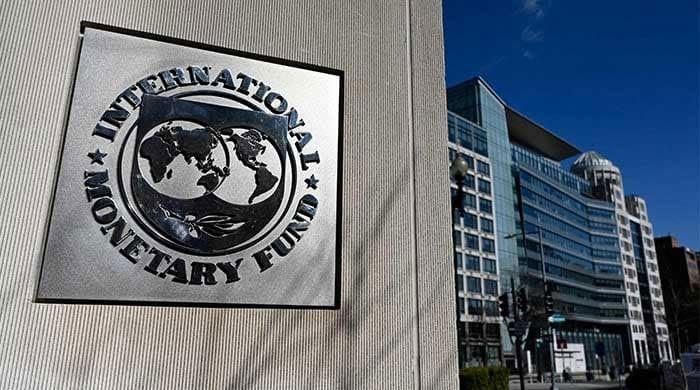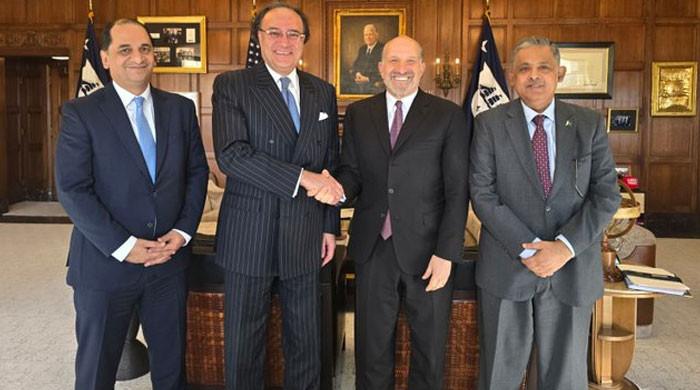US dollar hits all-time high of Rs142 in interbank market
Greenback gained Rs8 to touch the new high in the interbank market, closing at Rs139.5 at the end of trading
November 30, 2018
KARACHI: The US dollar hit an all-time high of Rs142 in the interbank market on Friday.
The greenback gained by Rs8 (a five percent increase) to touch the new high in the interbank market. The dollar stood at Rs 139.5 when the market closed on Thursday. Meanwhile, the US dollar was being traded at Rs141.5.
The rise in dollar comes owing to the widening current account deficit and International Monetary Fund's (IMF) suggestion to the government to realign the rupee with market fundamentals to access funds.
Further, the State Bank of Pakistan is set to announce its monetary policy today and the market expects an increase in the interest rate which could be reflecting on the dollar rate. The current policy rate is 8.5%.
The latest devaluation of the rupee has taken the total debt owed by Pakistan to Rs760 billion.
The rupee has depreciated by a massive 36% against the dollar over the past 12 months. It has fallen by Rs19.5 against the dollar since the Pakistan Tehreek-e-Insaf (PTI) took the reins of the government following the general elections in July this year.
Further rupee devaluation in sight
The rupee could slump to as low as Rs150 against the US dollar in the coming weeks, Muhammad Sohail, an economic expert, told Geo Pakistan.
“There are slim chances of the dollar reducing by any significant amount. It is expected to hover between Rs140 and Rs150 in the coming weeks because the International Monetary Fund has signalled further devaluation in the rupee as one of its bailout conditions,” the analyst noted.
Pakistan is an import-oriented economy and hence, the effects of the devaluation will hit the public hard, he explained.
“Inflation will increase, and so will gas and petrol prices. Transport fares will also increase as a result. If the government provides some relief to the public by slashing taxes, that may help the common man.”
Sohail pointed out that the country is in need of stability, and the IMF loans may inject some confidence in the business community.
Farhan Bukhari, an economic analyst, said one of the reasons behind the currency drop is the government’s lack of focus on any one area.
“The government’s focus is spread out too wide. They are working on 34 initiatives. [Instead], they should place [greater] focus on economy,” he said.
'Will not control dollar artificially'
Later during the day, Finance Minister Asad Umar said the central bank will not attempt to control the dollar price through artificial means.
"The State Bank of Pakistan is monitoring and determining the exchange rates. In the past, the rupee was maintained artificially. [But not anymore], the State Bank is free to make its own decisions [on the matter]," said the finance minister while addressing the media in Islamabad.
He lamented that the artificial control on the exchange rates destroyed production in Pakistan. "The country cannot export wheat anymore because of this artificial control. Our textile and shoe-making industries were destroyed due to this."
Umar said that the previous government took loans to maintain the exchange rates. "And this harmed our industries," the finance minister noted.
The minister admitted to the negative impact of the rupee devaluation, reiterating that the government did not wish to approach the International Monetary Fund.
Our exports have increased, so have the investments. Foreign investment has also improved and we will soon see more investments from different countries, he added.




